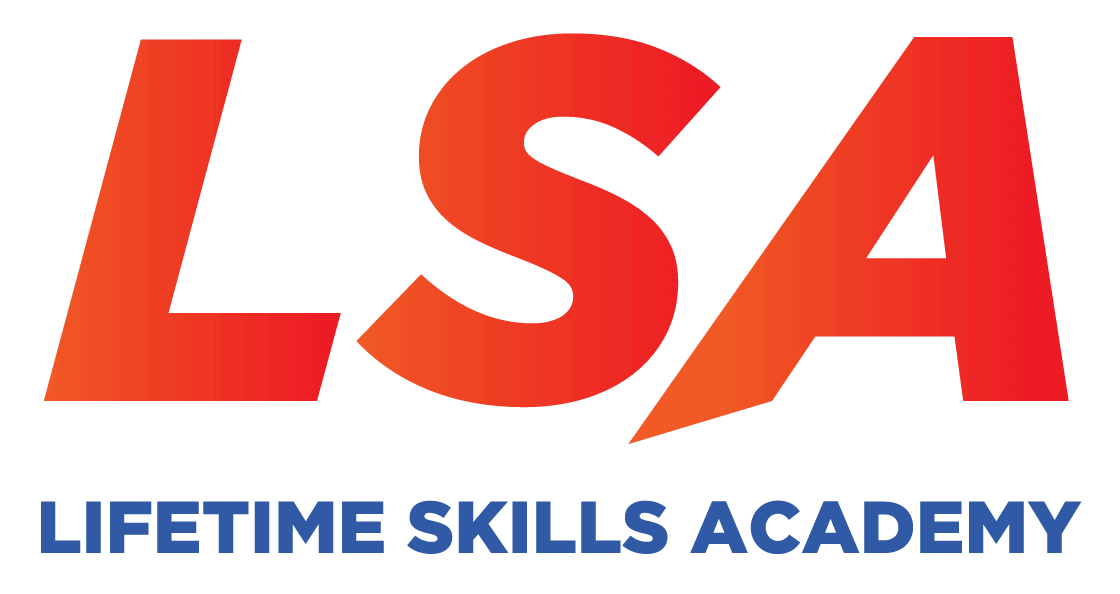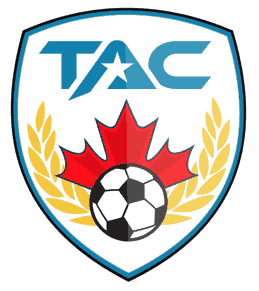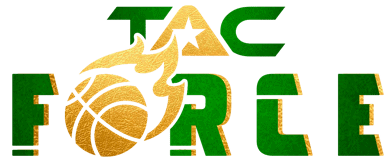Children are capable, courageous, strong, curious, creative, impressionable, precious, expressive and competent. Every child is included and has a special place at Toronto Athletic Camps. It is important that they know that they belong and fit in their training environment. TAC Adventure Camp coaches are open minded and have a non-bias approach. Each child has strengths to offer, a purpose and a gift to share with the world. In the document How Does Learning Happen, (which was created in 2014 by the Toronto Ministry of Education), belonging is one of the main principles. Every child is different and requires unique care in order to reach their true potential.
I feel that the best experiences I have had from my sports teachers and coaches are in places where the core values are inclusiveness, respect, caring, honesty and hard work. Being in good and bad learning environments has helped me find my own unique style of working with children. Through TAC’s Adventure Camp training and working with coaches of such high caliber, I have learned a lot about the early childhood professional. The early childhood professional is someone who has a passion for working with children and loves what they do. With my job experience at TAC I really enjoyed what I was doing, so it did not feel like I was ever working. I enjoy working with children as I feel that I am able to be a part of their first experience with sports and helping them to achieve things that they did not know they could do. I find it very rewarding when I teach children how to stop their soccer ball or dribble with their non-dominant hand in basketball. When they start practicing on their own and excelling at that particular skill, that motivates me to constantly bring in new ideas and experiences children will remember forever. Children achieve more success when they have healthy relationships and feel that they are in a safe environment. TAC Adventure Camp coaches have the ability to create secure relationships with children and support them.
TAC’s staff in Sport Specific and Adventure Camp are all genuinely concerned about children’s well-being. This law of genuine concern will allow the child to trust the sport instructor’s judgement and develop skills in multiple domains with less anxiety and ultimately enjoying the sport more. Each child has strengths to offer, a purpose and a gift to share with the world. I believe that childhood should be a time for children to develop a strong moral foundation and sense of self. Play-based learning is important because it allows children to develop a love for education and sports. If children are engaged and interested in activities, they are more likely to master skills as well as ask thoughtful questions. There is a quote by Aristotle that says, “Pleasure in the work puts perfection in the job”. I believe this to be true with children and if they have a passion for a certain task, they will work hard on it. Typically, children do not care enough to put in the hard work that is necessary, they just want to have fun. When they are having fun and are stimulated by their environment, they will be more likely to reach their full potential.
The Reggio Emilia approach truly resonates with me. This approach values teaching children practical life skills, in an organized and aesthetically pleasing environment. Having communication between children’s family and coaches, building on children’s interests, documenting children’s progress and the philosophy that children have 100 different languages, meaning that they have many different forms of expression. A professor in one of my Early childhood classes shared a story of how she was inspired by Reggio Emilia and gave her toddler class real plates in the cooking centre. The activity was created on children’s constant questions about why they ate with different plates than they played with. Many people thought that she was crazy but eventually the toddlers learned how to play with plates that were not plastic. I plan to implement the philosophies that I have learned into my practice by constantly reflecting on what can be improved. This year I was so inspired by the story about the plates and the impact that it had on children, I decided to put that into action at my work teaching dance. I incorporated a bench in the children’s dance, and I had my Adventure Campers from three to five years old lift up a bench on their own. I taught the children how to properly hold the bench and breath while they were holding it. The children understood the bench was not a toy and that they had to proceed with caution while holding it. I encouraged them by saying, “Be thoughtful and careful as you lift the bench and turn it.” I would help them carry it but each time we practiced I would help them less and less until eventually they could do it themselves. I plan to make my camp activities using the philosophy that children express themselves in many different ways. The day to day lesson plans are built around children’s interests allowing children to be the leaders of their own learning and teaching them practical skills they can use at home, at school and in their future careers.
I am fortunate to work with a company that has such strong core values and has given me so many opportunities to implement these values by creating activities that are based on children’s needs, interests and the successful 5 Star Development System.






